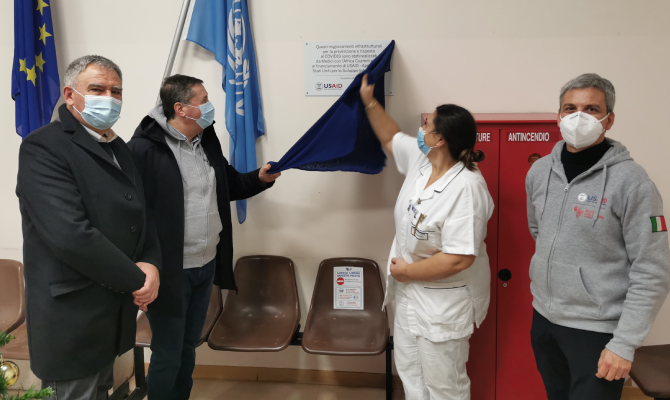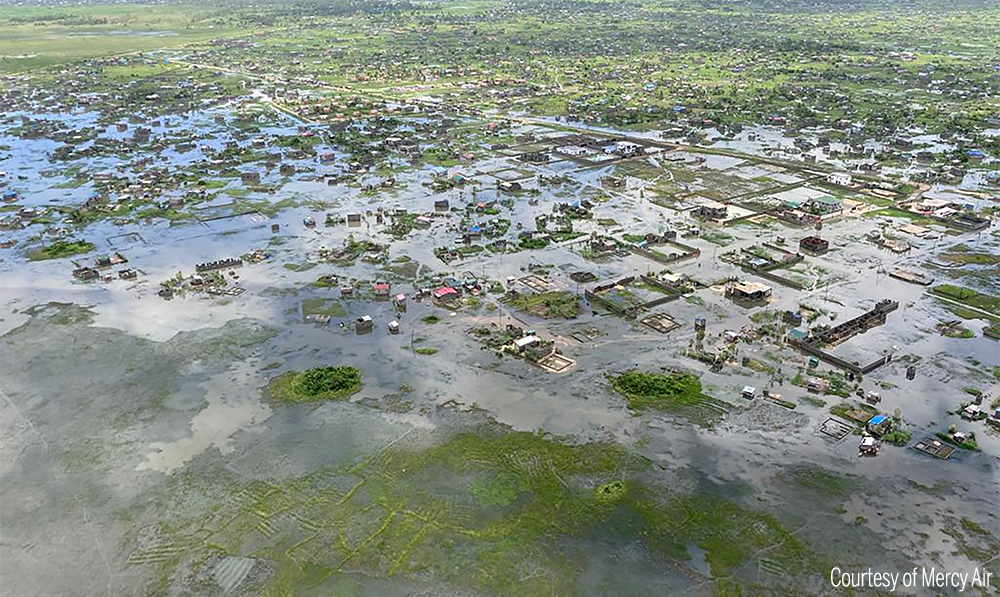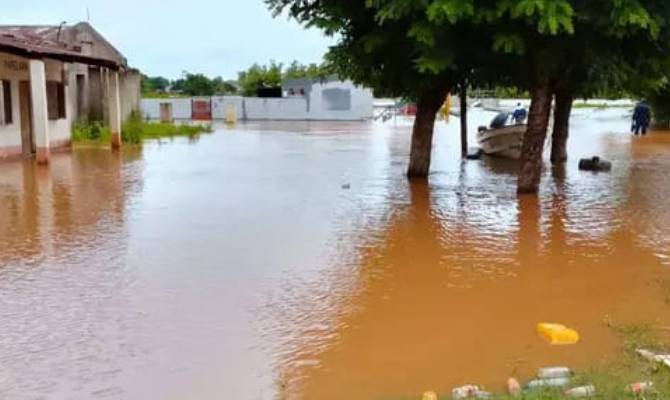February 4 is World Cancer Day. As the world acknowledges the importance of prevention, vaccinations, and of efficient health systems, prepared against emergencies, Doctors with Africa CUAMM wants to highlight the impact of a particular form of cancer on thousands of African women: cervical cancer.
Though easily preventable through vaccination and early screenings, this type of cancer caused by human papillomavirus is very frequent in sub-Saharan Africa, considering that 19 out of 20 countries with the highest burden of cervical cancer are located in Africa, according to the World Health Organization.
It would be possible to avoid the 90% of deaths caused by this disease, through prevention and treatment at the first stages of the disease, which don’t require high tech methods. Doctors with Africa CUAMM’s health workers are trained to diagnose women in the peripheral health centres and to treat small lesions on the spot, with outpatient surgery. However, Covid-19 has an indirect impact on these services, as Andrea Atzori, chief of CUAMM’s international relations, explains.
“The pandemic has delayed or reduced diagnosis and treatments for cancer not only in the West, but in Africa too. Within our projects, from Ethiopia to Mozambique, as in Tanzania and Uganda, we see less women coming to the health facilities to be screened, frightened by contagion. We risk not finding cancer in time, even if with cervical cancer this kind of prevention could be easy and not expensive. Even before the pandemic, cervical cancer could have been a death sentence in Africa, now we have to commit because this gap between global North and global South mustn’t increase in the future”.





